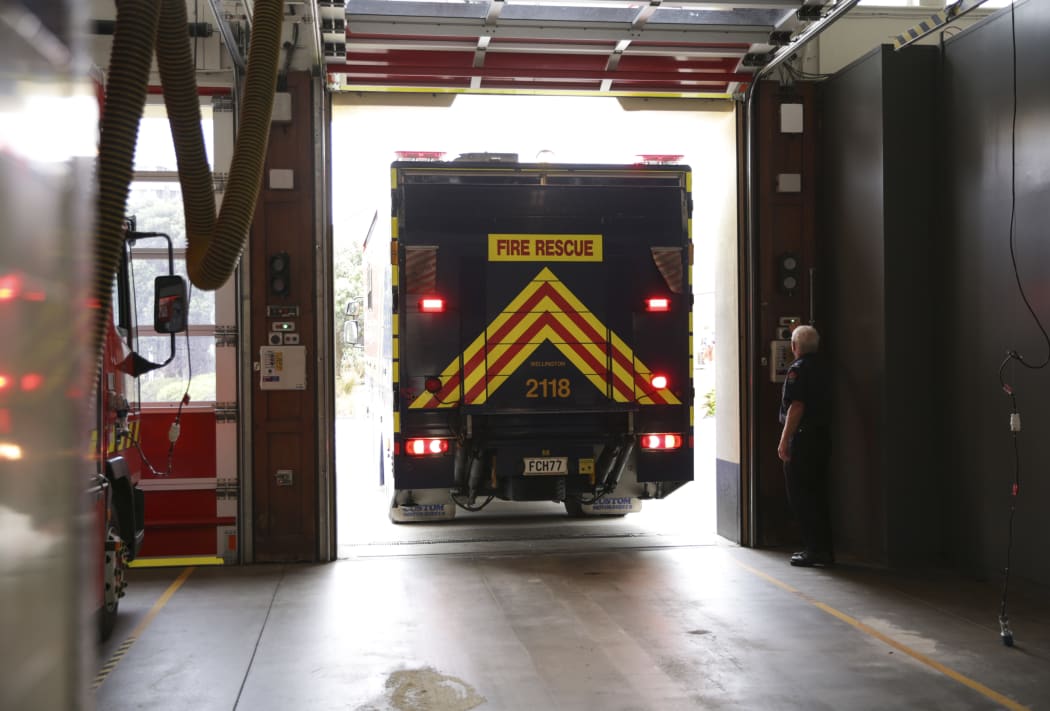A near-new Wellington hotel had to shut for months due to a kitchen fire spreading smoke into rooms, the Insurance Council says.

Photo: RNZ / Richard Tindiller
The council is using the example to back up its warning that many buildings have passive fire protection measures that are not up to scratch. It has not named the hotel.
However, a fire in December 2016 in a top restaurant at the Sofitel in Bolton Street forced the immediate evacuation of guests, and it is closure for renovations until July last year.
Sofitel did not respond to a request for an interview.
The Insurance Council is holding a day-long seminar in Auckland today to highlight the shortcomings around the country.
"It's a good example of what can happen, what can go wrong," the council's John Lucas said.
A smoke damper or shut-off flap in the ventilation system either was missing or not working, so vented the smoke from the kitchen fire.
"I suspect nobody knew it wasn't there or wasn't working," Mr Lucas said.
"They probably wouldn't have got compliance to operate if somebody had known."
He said insurers in their inspections and surveys of new buildings, and renovated buildings, were finding a lot of unsafe penetrations being put through fire-rated walls, as well as parts of these walls missing entirely.
"Because it's hidden inside a building, usually above the ceiling line, quite often fire separation elements have been left out and that's really dangerous because fire will spread pretty quick into a neighbouring tenancy," Mr Lucas said.
Problems had been found in apartment and office blocks, hospitals and rest homes, according to the Association of Building Compliance, which along with the Auckland Council is also sponsoring the seminar.
Local bodies faced being sued for signing off non-compliant buildings, but their inspectors could not check what was hidden in the walls and ceilings, Mr Lucas said.
The insurers want the government to look at raising the bar, such as requiring anyone who fits fire protection elements to be qualified and to tighten up how construction sites are monitored.


